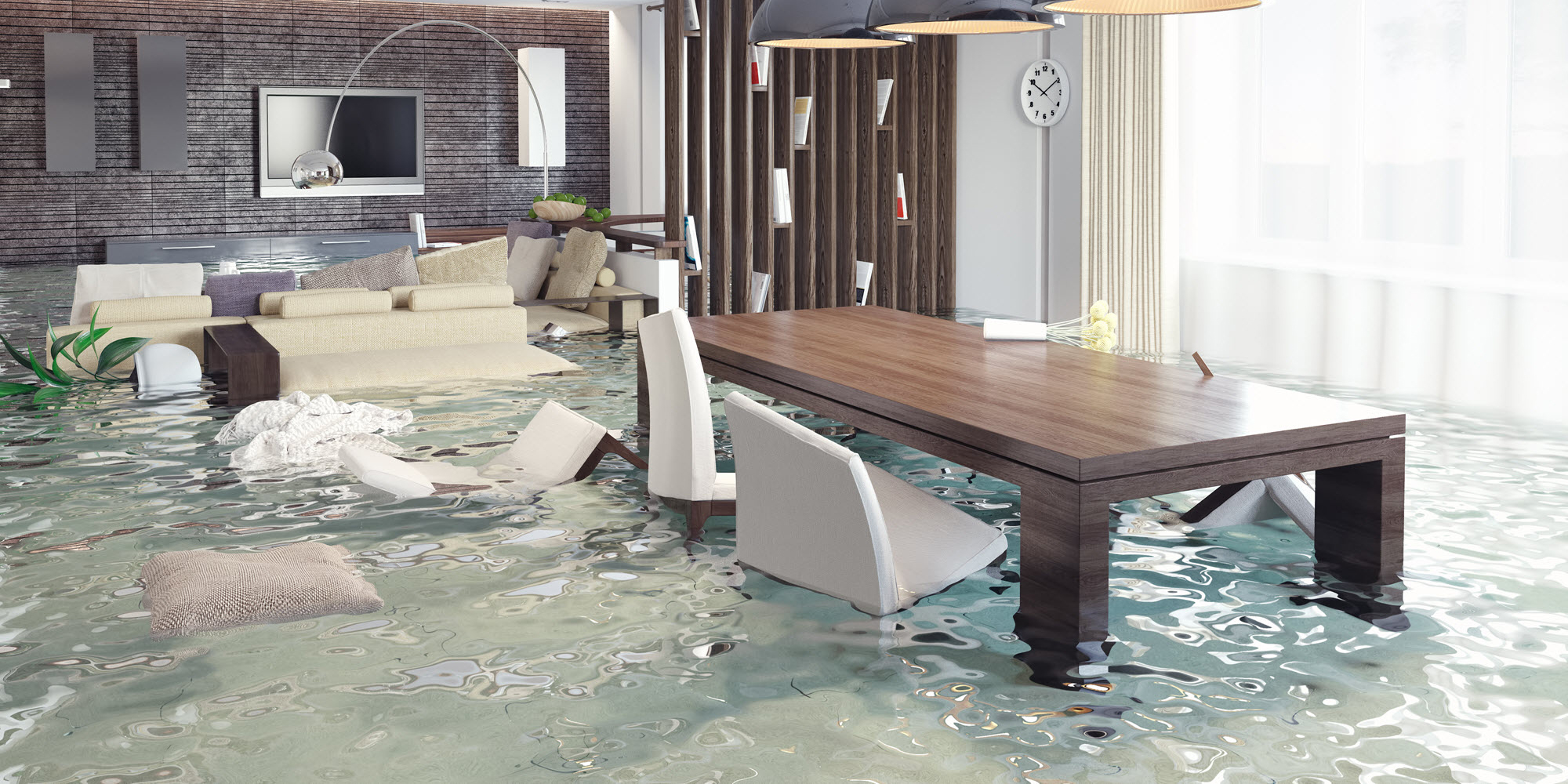Drowning in Problems Because of Water Damage?
They say that Florida has only two season: rainy and dry. Whether you own a home or a condo, water damage is a real issue down here. Did you know that between 2003-2012, total flood insurance claims averaged out to $4 billion dollars a year?!
Handling it in your home is easy compared to handling water damage in your Florida condo. That brings a whole new set of problems. Over my years of experience, I’ve learned a few tips of the trade. Best to learn how to handle water damage in your home or condo before you find yourself drowning in problems.
Handling water damage in the home
Florida is the 5th wettest state in the union in total, but it’s not very balanced. Some areas are relatively dry while other further south get drenched. Doesn’t matter where you are, though, flooding is a constant threat. But flooding isn’t the only issue! Things like burst pipes or hot water heaters can also flood your home with water. Here are some tips on dealing with it:
- If it’s from an accident, shut off the flow of water from the main line. In warm climates like ours, the water line switches are often located outside.
- Turn off your power. You don’t want electrical issues causing safety concerns like fires. Water and electricity don’t mix!
- Contact your insurance company and immediately contact water restoration experts.
- Begin basic cleanup, rescue your valuables, and set fans about to help the water dry.
Dealing with water damage in a condo
Anyone who has dealt with water damage in a condo probably wishes they had dealt with it in a home instead! A stand alone house is easy to deal with compared to an association full of independent apartments. Sometimes your upstairs neighbor’s hot water heaters explodes and it damages your roof; or worse, yours explodes and damages everyone else’s units!
First you have to determine fault:
- Is it an event of casualty: casualty is when it is nobody’s fault. Say your neighbor’s hot water heater was installed properly and was relatively new, and just blew by complete accident(these things happen). Nobody is at fault and your insurance should cover things.
- Is someone at fault: normally, fault is when it could have easily been avoided had proper measures been taken, but they weren’t. It’s like when your neighbor’s hot water heat was corroded and 30 years old.
Aside from the normal safety measures, you need to find out who is at fault and where the money is going to be coming from. That’s why you should always get a real estate attorney. They can help not only determine fault but also determine the best way for you to get payment. Better yet, they can help keep your costs low if you have to pay anything out.
Whether you are cleaning up after a flood or handling water damage in a condo complex, knowing how to handle water damage in your Florida home or condo is of extreme importance. Especially here in Bradenton if you’ve just recently bought a home.

